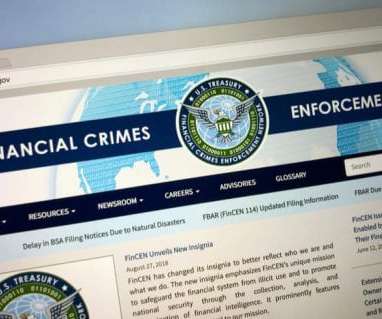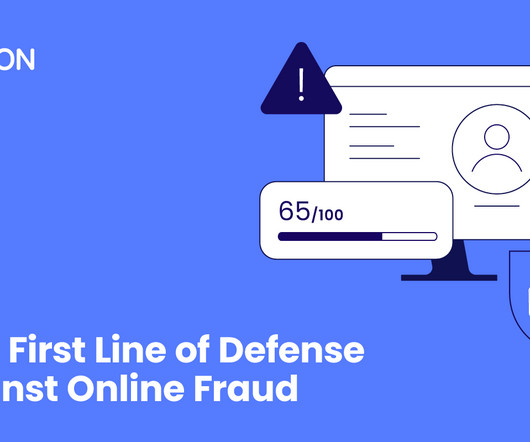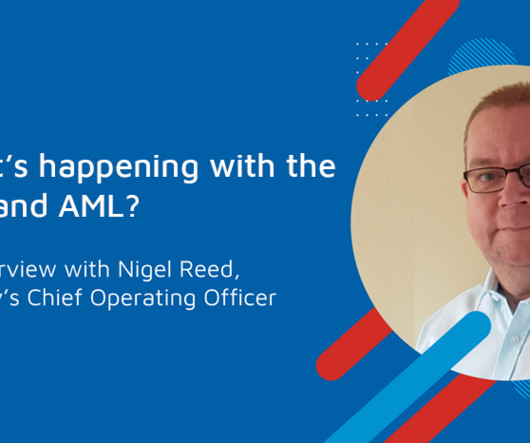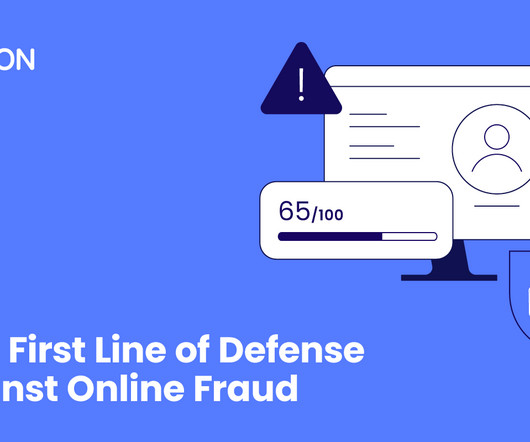Cracking the Code of White-Collar Crime with Sumsub
Fintech News
FEBRUARY 6, 2024
Fintech’s guardian against financial crime The pressing issue in the war against financial crime is the balance between the cost of compliance and the effectiveness of these measures.

















Let's personalize your content